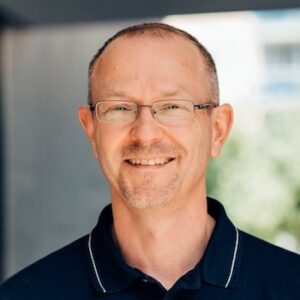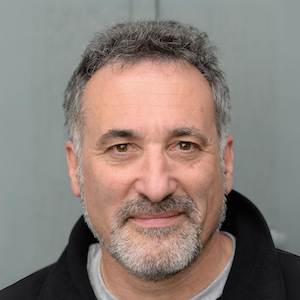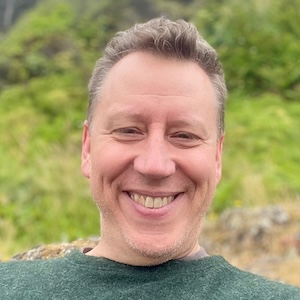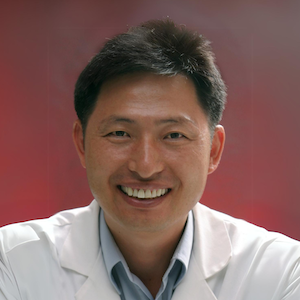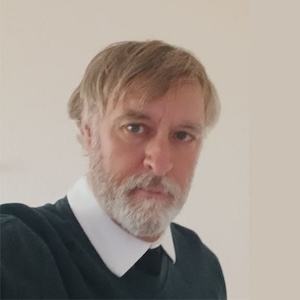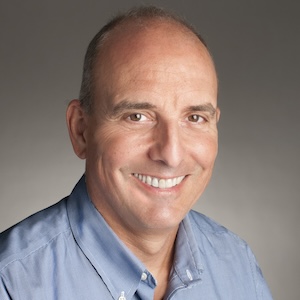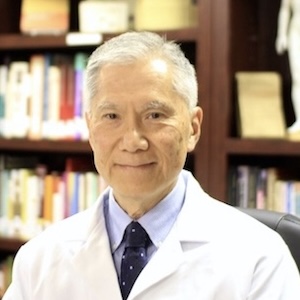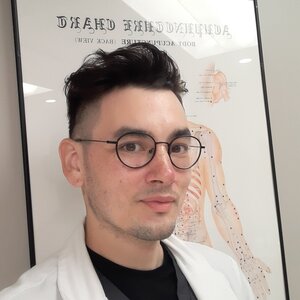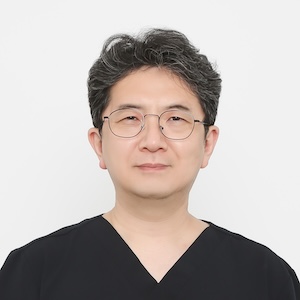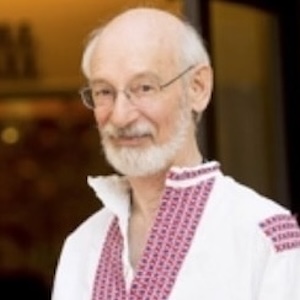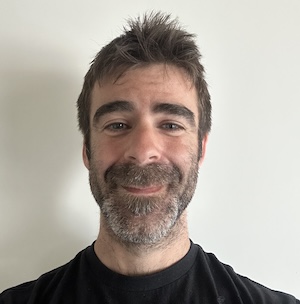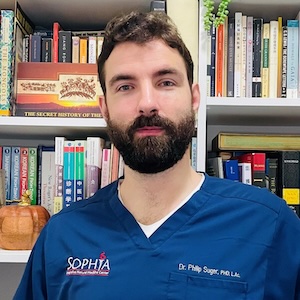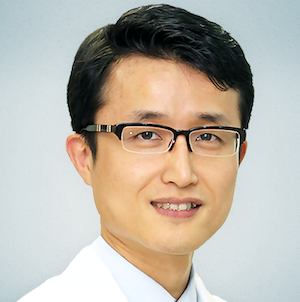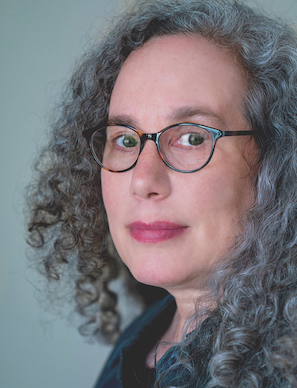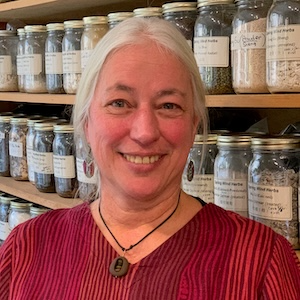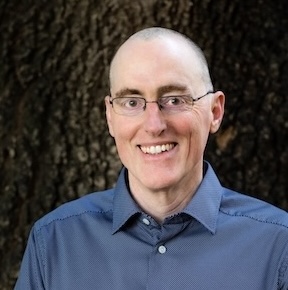Some of the most important crossroads in our lives were not marked with a big Flashing Warning Sign, but rather instead were barely notable moments of “Oh, maybe this would be interesting.”
Our guest in today’s conversation had just completed a medical degree and was looking to take a little vacation. That vacation turned into a lifelong inquiry into acupuncture and East Asian medicine.
Listen into this conversation on how a sense of curiosity lead our guest from California to England to Korea and back. And has taken him deep into the investigation of pulses and constitutional medicine.
In This Conversation We Discuss:
- It all started out as a vacation
- The Korean Constitutions
- Constitution vs present condition
- Incorporating the 4 constitutions in to practice
- Whole human experience
- The Psychology aspect of Korean Medicine
- Worsley causative factor as central energetic focus
- Korean perspective on constitution
- The Yin and Yang of the practitioner/patient relationship
- Lack of understanding around pulse lead to a deep investigation of the pulse
- Saam Acupuncture
- The definition of health
Always ask yourself “why?” when results are unexpected. Keep asking until you discover the answer. (Also known as the scientific method)
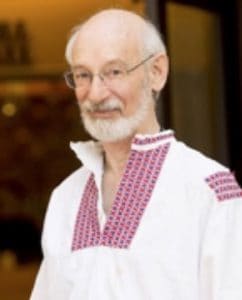 Peter Eckman, MD, PhD
Peter Eckman, MD, PhD
I started my professional career as an MD with a PhD in physiology before I ever was exposed to acupuncture, but from my first introduction to it in 1973, I have been enthralled by discovering that it is both an art and a science, with no limit on how much it encompasses. My first teachers were Korean, but I have subsequently studied with teachers of Chinese, Japanese, Indian and European backgrounds. Although their approaches each have unique aspects, I have found (discovered) a way to integrate them, so that rather than creating conflict, they illuminate each other. My most influential teachers: Kuon Dowon, Yoo Tae Woo and J.R. Worsley.
My perspective has been: find the best teachers, study the classics (in Chinese if possible) and always learn from your experiences, be they positive or negative. In this way I have created my own style of practice, which I call Constitutional Conditional Acupuncture (CCA). It is mainly a pulse guided method of treatment selection, but I never discount the importance of establishing a strong practitioner-patient relationship, as that is as powerful as needles are in creating successful outcomes.
My most gratifying experiences have occurred in 2017 and 2018 when I was invited to conduct clinical training workshops in China (Kunming and Beijing), whose purpose was to demonstrate the efficacy of CCA. Each morning (for 3 to 5 days) I treated all manner of patients in front of the class, and each afternoon and evening I gave didactic lectures and practical hands on feedback in the pulse diagnosis skills that are the foundation of CCA. Patients returned on the following days to report on their condition, and virtually 100% reported notable benefit. I am committed to sharing my discoveries as widely as possible, and for this reason I have written numerous books and articles that I hope will find interested readers in the profession.
Links and Resources
Visit Peter's Website at
www.petereckmanacupuncture.com
Peter's books include:
In the Footsteps of the Yellow Emperor
The Compleat Acupuncturist
Grasping the Donkey's Tail
Join the discussion!
Leave a comment on Qiological's Facebook page.

